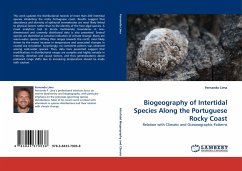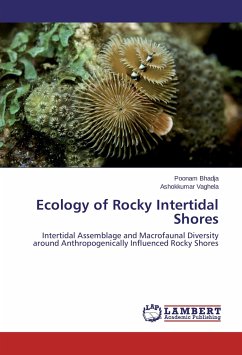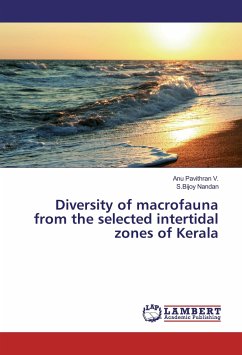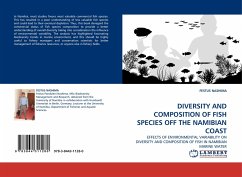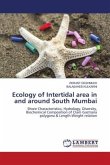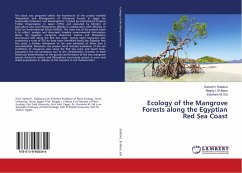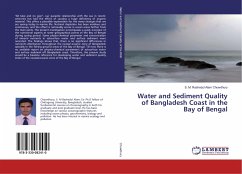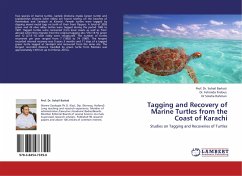This work updates the distributional records of more than 200 intertidal species inhabiting the rocky Portuguese coast. Results suggest that abundance and diversity of epifaunal invertebrates are most likely linked to physical factors rather than to the identity of the host algal species. A novel analytical tool to locate multivariate boundaries in one-dimensional and unevenly distributed data is also presented. Several species are identified as sensitive indicators of climate change. Many are warm-water species shifting their ranges towards the north, most likely driven by the recent increase in temperature and associated changes in coastal sea circulation. Surprisingly, no consistent pattern was observed among cold-water species. Thus, data here presented suggest that modifications in distributional ranges are complex and highly variable in intensity, direction and causal factors, and thus generalizations about poleward range shifts due to increasing temperature should be made with caution.
Bitte wählen Sie Ihr Anliegen aus.
Rechnungen
Retourenschein anfordern
Bestellstatus
Storno

